|
EDITORIAL NOTE: The essay below was first published in 2007. Along with part 1 of this 2-part post, and a new art series dedicated to the children of Afghanistan, this updated text is presented as part of a series of reflections on the potential impact of Jelaluddin Rumi’s powerful legacy upon the region of his birth and those who have fled it. (If you missed part 1 you can read it by clicking here.) “The lovers crawl in and out of your alley, I first fell in love with the poetry of Jelaluddin Rumi while working as a bookseller (as discussed in Greeting Flannery O’Connor at the Back Door of My Mind). That was when the unparalleled lyrical grace, philosophical brilliance, and spiritual daring of his work took me completely by surprise. The impact of its soulful beauty and the depth of its profound humanity were so intense they prompted me to spontaneously compose poetry without being aware I was doing so––until later reading the compositions in my notebook and wondering how they got there. Writing without realizing I had been writing was no small matter to me, so I wrote Coleman Barks, one of the renowned translators/interpreters of Rumi’s work, to ask what he thought about it. Barks was kind enough to telephone me and said he was aware of many instances where people with a deep passion for Rumi’s work found themselves spontaneously composing, reciting, or singing poetry. That knowledge, coming from the man whose celebrated “versions” of “Maulana’s” writings helped make Rumi a bestselling poet in the United States, made me feel better about my own experience. It also forever defined the sense of blessed enchantment I’ve come to associate with all things related to Rumi. Consequently, I couldn’t help expecting and yearning for some semblance of that enchantment as I read the novel A MOTH TO THE FLAME, THE LIFE OF THE SUFI POET RUMI, by Ph.D. Connie Zweig. The Beginning of an Extraordinary LifeFrom the first page to the last, there is much to admire in Zweig’s amazing recreation of the places, people, and events that shaped the life and work of Rumi. The author skillfully brings to life the everyday colors, activities, and diverse religious customs of the Middle East in the thirteenth century. She also––having been for many years a student of Hinduism, Buddhism, and Sufism––proves more than a little adept at describing various states of psychological and spiritual consciousness. A Moth to the Flame begins as Rumi’s father, the spiritual leader Bahaoddin Velad, is dying. The future author of the massive and now classic book of world literature, the Mathnawi (or Masnavi) is left to face life alone in Konya, where threats of war and invasion increase daily. As Rumi takes on the mantle of leadership and enters into marriage and fatherhood, Zweig exercises her privilege as author to make readers privy to his thoughts and most intimate moments. Those who prefer their spiritual heroes presented in their basic humanity may nod approvingly at the portrayal of Rumi’s consummation of his two marriages while those who empower the grace of their own spirituality with that gleaned from his may feel differently (reviewers on different platforms since the book’s publication in 2006 have demonstrated as much). In one sense, these brief scenes––in which Rumi experiences both disappointment and erotic intoxication––appear crucial to illustrating the contrast between the nature of carnal desire and the elevated spiritual consciousness towards which Rumi was evolving. In another, they do not, and become even more questionable when the sexual focus is placed on his wife Kira’s fantasies regarding her mystically preoccupied husband. A Sacred FriendshipIt is difficult sometimes to determine whether A Moth to the Flame is intended as a celebration of Rumi’s life, as a feminist critique of it, or simply a balanced account presented in the form of fiction. Much of the book’s substance is a matter of historical record while much of it is a matter of interpretation of that record. By nearly every account, the Rumi now famed for his boundless defense and espousal of life as a manifestation of divine love would be unknown to the world had it not been for a spiritual transformation triggered by his meeting, and subsequent friendship with, the wandering dervish known as Shams of Tabriz. That fact is a dominant theme in A Moth to the Flame as well. But it is often difficult to understand exactly why or how this is so when the overwhelming impression of both Rumi and Shams in these pages is that of two men whose esoteric obsessions caused devastating––even fatal––psychological harm to those who loved them, particularly the women in their lives. Consequently, we note with stunned sorrow the forced marriage of Rumi’s young daughter Kimiya to the much older Shams; and the painful desire-filled loneliness that Rumi’s wife Kira suffers while her husband engages, seemingly to the exclusion of everything else, in sacred conversations with Shams. Readers even find themselves empathizing with Rumi’s son Aloeddin’s stinging sense of rejection when his relationship with his father appears to be obliterated by the presence of Shams in their lives. Eventually that rejection leads to Shams’ murder. As plausible as these scenarios may be, they leave the reader wondering about the majesty of that Shams who was described as “one of the poles of the age,” and who was not only resented and feared as he is in A Moth to the Flame, but who was adored for his love and knowledge of God. Likewise, the novel gives us a true enough account of Shams’ initial departure from Konya after first meeting Rumi, but says nothing of the legendary celebration during which people in the streets spontaneously recited and sang poetry upon his return. We learn instead about guards who are executed because they lied about having killed Shams. The degree to which Zweig’s work as a Jungian therapist and an explorer of “the shadow side of spiritual and religious life” influenced the substance of her narrative is worth readers’ consideration. A Nation of LoversPossibly the most inspiring scene in A Moth to the Flame comes at the end when, once again, Mongols and crusaders threaten to conquer Konya. Rumi, after a lifetime of devotion and sacrifice, experiences this revelation: “I am a lover of God, and those who follow me, Muslims, Christians, or Jews, we are a nation of lovers. Our religions divide us, but our yearning for God, our himma, unites us, whether we are Muslims longing to join Allah, Christians longing to be embraced by Christ, or Jews yearning for the Messiah.” He decides to “make jihad in my own way,” which means standing, like Moses, rooted unshakably in his faith and watching as Divinity literally fights and wins his battles for him. One does not need to be a U.N. ambassador or professor of religious studies to note the importance of Rumi’s understanding and application of the concept of jihad. For him, it meant battling the “nafs,” or weaker worldly qualities within oneself in order to achieve a greater sense of unity and co-creativity with Divinity as opposed to launching a supposed “holy war” against those who do not share one’s religious beliefs. Achieving this divine union relegated all else to secondary importance. This point is significant not only for those duped into believing that blowing up themselves and others is the ultimate act of faith. It is also important for those readers who, following the devastations of September 11, 2001, needlessly questioned their passion for writings by Rumi. Among the stronger aspects of Zweig’s novel is its demonstration that Rumi’s literary and spiritual voice is one which champions unity through love over domination through coercion. In Conclusion Despite any criticisms offered above, just as it states on the book’s back cover, A Moth to the Flame is clearly presented “in the tradition of Siddhartha and The Last Temptation of Christ” as “a mythic story of the human soul.” This distinction is necessary because while the book is categorized as fiction, the subtitle reads “The Life of the Sufi Poet Rumi,” which could lead some to interpret it as historical biography. The more accomplished volume along those lines remains Franklin D. Lewis’ Rumi, Past and Present, East and West, the Life, Teachings and Poetry of Jalâl al-Din Rumi (though Brad Gooch’s Rumi’s Secret: The Life of the Sufi Poet of Love is a popular volume some readers consider more accessible). A Moth to the Flame does contain a very useful appendix timeline of events pertaining to Rumi’s life. Moreover, translations of Rumi’s poetry by Jonathan Star and Shahram Shiva, utilized throughout, help make the novel as a whole an exceptional work of literary art well worth reading and cherishing. Aberjhani |
| | |
“Loving, Happy, Untamed, Passionate"
Somebody call the cops!
My muse has been stolen
I repeat my muse has been stolen…
The pain of this crime is felt in each stanza as she dramatically describes the sleep deprivation and loss of creativity it has caused. Yet there is also gentle self-deprecating humor while observing:
I feel too normal
I need my abnormality back…
The depth of her need is amplified with the following simultaneously pleading and demanding lines:
I want it back the way it was taken
Opinionated, LOUD, wild, confused
Loving, happy, untamed, passionate
Smart enough, encouraging, kinda shy
Uncorrupted by the norms of society
Unpierced by the actions of my peers
AND ALL MINE
In the poems which flow immediately afterwards, titled “Nicking,” “Lost Scared Afraid,” and “My Muse,” the poet’s attachment to what most inspires her can be understood at different times in different ways. In one moment, it is an addiction of a healthy variety rather than a destructive one. In the next, it reads and feels a lot like a love affair brutally interrupted by the kind of heinous disregard which too often in our current over-technologized world leads to tragic consequences.
| | |
In the Tradition of Baring One’s Soul
Instead of offering strategies for navigating the painful uncertainties of her personal journey, the Savannah, Georgia-born poet simply presents her own efforts at balancing them. In this way, she self-identifies with humanity as a whole rather than with a single segment of it. Near the end of the volume, she notes the following in a letter to herself:
I know you
From your favorite color
To your deepest secrets
From your untold feelings
To your wildest dreams
I care about
Your every word
Simplest request
Smallest dreams…
There is a tremendous amount to appreciate in this first edition of Aurie Cole’s debut volume as her pen makes its free-styling way through shock and despair toward hope and self-determination. However, it has to be said as well that serious readers of poetry are likely to find a number of typographical errors distracting. These are understandable enough because talented young poets rarely receive the kind of publishing support which ensures the absence of such mistakes. (How many, after all, such as the celebrated Amanda Gorman are likely to receive an invitation to recite their poetry at a presidential inauguration and subsequently get Oprah Winfrey to write a foreword for their book, basically guaranteeing its status as a number 1 bestseller?)
Other critically-minded readers may question the absence of poems dealing with such timely issues as the COVID-19 pandemic, climate change, or Black Lives Matter. In a way, it may be argued that the more deeply personal writings inspired by the poet’s muse are a kind of response to these very concerns as they illustrate the power of sheltering within the integrity of one’s own sanity in a world knocked off balance by myriad forms of chaos. The important thing may be the knowledge that Talks Between My Pen and Muse is only a first important literary step for Aurie Cole and readers hopefully can look forward to many more writings from her pen and muse in the future.
Aberjhani
Author of Greeting Flannery O'Connor at the Back Door of My Mind
Creator of Authentic Silk-Featherbrush Artstyle
| | |
| | |
She followed the novel Wise Blood with a collection of short stories, A Good Man is Hard to Find, in 1955; the novel The Violent Bear it Away in 1960; and the short story collection Everything That Rises Must Converge ––a book on which she worked virtually right up until her death–– published posthumously in 1965. In between the writing and the publishing, she marshaled her strength to travel (aided by crutches) and lecture, write articles for popular magazines (for which she was generally well paid), and write numerous letters to friends, supporters, and critics.
(To read part 1 of this story please click here. For part 2 click this link.)
The O’Connor readers and scholars now know would not have been possible without a tightly woven network of friends and family members who supported her work through belief in, and out of love for, her. After illness derailed her plans to live the life of a postmodern New York author, she famously surrounded herself with peacocks at Andalusia, her family’s farm, and allowed the world to come to her just as much as she continued to embrace it on the page and through speaking engagements. Fellow authors, theologians, aspiring writers, general admirers, and would-be lovers in the form of men as well as women often made their way to her front door.
| | |
| | |
Mother and Daughter Together
As such, she did the kinds of things caregivers tend to do when committed to ensuring as high a quality of life as they can for someone they love: setting aside a thermos of hot coffee at night to share with Flannery in the morning, running a farm to secure an income, tolerating the droppings and cries of beautiful but annoying peacocks, traveling abroad with her daughter even when she herself was ill, and standing guard at her hospital room door to ensure a chance at rest and possible recovery.
| | |
In Praise of Those Who Wait
Then, approached by an editor in 2003 about a biography on O’Connor, it clearly was not an offer he could refuse. A dream which had been deferred for more than two decades finally saw the light of day in 2009 and by most accounts it was very much worth the wait.
Author
Aberjhani is co-author of Encyclopedia of the Harlem Renaissance as well as author of Dreams of the Immortal City Savannah and Greeting Flannery O'Connor at the Back Door of My Mind.
| | |
Jisheng's account as presented to us in the English-language edition of Tombstone is a single-volume 629-page condensed version of the original Chinese-language 1,200-page 2-volume set first published in Hong Kong a decade ago. There's no need to question what may or may not have been lost in translation because Jisheng provided so much fact-based data with which to work in the original publication.
Moreover, Tombstone is much more than just a triumph of historical writing. It represents in many ways the triumph of a movement to shed light on "the worst famine in human history." As an integral part of that movement: "Yang got people who experienced the famine to describe it in their own words. He found local journalists who'd witnessed and reported on murders and starvation and got them to write their memoirs. He located and interviewed local implementers of the fatal policies. He got surviving resisters to recount their experiences" (pp. X-XI).
|
|
|
Magnitude of the Horror
|
|
|
"Now we knew that it was a man-made disaster that had caused tens of millions of people to starve to death... In my effort to shake off deception, I came to understand the social background of my father's death and to reflect more profoundly on his life..." (pp. 11-12).
That "deception" has remained hard for a lot of Chinese to shake off in part because of many official's refusal to acknowledge the famine for what it was and insist on referring to it in such euphemistic terms as "the three years of natural disaster," or "the years of difficulties." Another seems to be to avoid the appearance of discrediting the legacy of People's Republic of China founder Zedong.
|
|
|
Double Objectives
Jisheng's objective as a journalist is to share awareness of an event which it would seem impossible for the entire world not to know about already, but which it appears relatively few actually do. As a human being and the son of foster-parents who gave all they had to raise him and support his education goals, he is determined to honor those parents and the dozens of millions who lost their lives to the famine. Therefore, the title selected for the book: "A tombstone is a memory made concrete." (p. 3)
|
|
|
The result his investigative labors is indispensible documentation of officials' motives for allowing the tragedy to occur; and, how many hypocritically gorged themselves on the good life while entire villages literally starved to death. Yet such documentation is balanced with reports difficult to read for a very different reason. In short, Jisheng does not censor the stories of people describing acts of cannibalism which they either witnessed or committed themselves.
We learn about: people in villages who wait for strangers to come along so they can kill and eat them, an adolescent sister who kills and eats her younger brother after their parents have died, people who wait a few hours after funerals so they can dig up corpses and consume them. These and other actions seem too extreme to believe they really occurred in a civilized nation. But we are aware now that they did. Some people even describe which parts of the human body they found most delectable.
If you're a fan of the movie Bone Tomahawk, starring Kurt Russell, Lili Simmons, and Patrick Wilson, and you did not flinch watching the scene where "Troglodytes" split a man in half to eat him, then the above accounts of cannibalism might not bother you too much. Anyone who did flinch, throw up, scream, or faint, can empathize to some meaningful degree with those who survived the horror of the Great Famine and with Jisheng's determination to tell their collective story.
|
|
|
The Record of This Particular Memory
Aberjhani
author of Dreams of the Immortal City Savannah
co-author of Encyclopedia of the Harlem Renaissance
|
|
|
Archives
November 2023
June 2023
February 2023
December 2022
June 2022
February 2022
November 2021
September 2021
April 2021
March 2021
December 2019
November 2019
June 2019
May 2019
March 2019
January 2019
October 2017
July 2017
August 2012
Categories
All
1950s
1960s
2022 Russia Ukraine War
20th Century Authors
21st Century Artists
21st Century Authors
21st Century Poets
Aberjhani
Aberjhani Observance Of National Poetry Month
Aberjhani On Aurie Cole
Aberjhani On Brad Gooch
Aberjhani On Chinese Famine
Aberjhani On Dick Gregory
Aberjhani On Duncan McNaughton
Aberjhani On Eugene Talmadge
Aberjhani On Flannery O'Connor
Aberjhani On Immigration
Aberjhani On Jean-Paul Sartre
Aberjhani On Mao Zedong
Aberjhani On Mark Morneweg
Aberjhani On Maya Angelou
Aberjhani On Otis S. Johnson
Aberjhani On Paul Laurence Dunbar
Aberjhani On PT Armstrong
Aberjhani On Russia Ukraine Was
Aberjhani On Savannah Georgia
Aberjhani On Savannah-Georgia
Aberjhani On Yang Jisheng
Adapting Books For Film
Africa
African American Authors
African-American Authors
African-American Comics
African American History Month
African American Men
African-American Men
African Americans
African Americans Abroad
African Americans In Japan
African Americans Living Outside America
African American Writers In Savannah GA
African Diaspora
African Engineers
African Writers
AI Literary Chat Salon
Alice Walker
Amanda Gorman
American Artists
American Authors
American Civil War
American PEN Video
Andrew Davidson
Angel Art
Angel Lore
Angel Meme
Angel Of War And The Year 2022
Angelology
Annie Cohen-Solal
Antiracism
Archangel Michael
Art By Aberjhani
Art By Christia Cummings-Slack
Artist-Author Aberjhani
Artist James Russell May
Artist Marcus Kenney
Asian Authors
Audio Podcast
Aurie Cole
Author Brad Gooch
Author Connie Zweig
Author Franklin D. Lewis
Author Interview
Author Mark Morneweg
Author Poet Aberjhani Official Site
Author-Poet Aberjhani - Official Site
Authors
Authors From Savannah Georgia
Ava DuVernay
Benjamin Hollander
Benjamin Van Clark Neighborhood
Ben Okri
Ben Okri Videos
Best Interviews Of 2023
Bill Berkson
Biography
Biracial Relationships
Biracial Women
Black History Month
Black Men Who Write
Black Movie Directors
Black Women Authors
Blogs By Aberjhani
Booker Prize For Literature
Booker Prize Winners
Book Industry
Book Publishing
Book Reviews
Book Reviews By Aberjhani
Books
Books About Rumi
Books About Savannah-Georgia
Books About Sufism
Books And Authors
Books By Aurie Cole
Books By Darrell Gartrell
Books By Flannery O'Connor
Books By Patricia Ann West
Books By PT Armstrong
Books By Robert T.S. Mickles Sr.
Books By Rotimi Ogunjobi
Books On Flannery O'Connor
Brad Gooch
Brad Gooch Audio Podcast
Brunswick Georgia
Canadian Authors
Canadian Novelists
Carlos Ruiz Zafon
Caste The Origins Of Our Discontents
Celebrity Authors
Children's Literature
Chinese Authors
Chinese History
Christia Cummings-Slack
Christina Cummings-Slack
Christine Cummings
Classic Authors
Connie Zweig
Contemporary African Literature
Contemporary African Writers
Contemporary Artists
Contemporary Authors
Contemporary Canadian Authors
Contemporary Literature
Contemporary Southern Literature
Cormac Mccarthy
Cornel West
Creative Nonfiction
Creative Thinkers
Cultural Demographics
Cultural Heritage
David Gordon Green
Dick Gregory Videos
Digital Publishing
Director Regina King
Director Steve McQueen
Doctorate In Literature
Dreams Of The Immortal City Savannah Book By Aberjhani
Duncan McNaughton
Ebooks
Education
El Portal Press
English As A Second Language
English Learning Students
Essay On 21 Years Of Wisdom
Essays By Aberjhani
Essays On Ben Okri
Essays On Duncan McNaughton
Essays On Flannery O'Connor
Essays On Immigration
Eugene Talmadge
Eugene Talmadge Memorial Bridge
Evolving Cultures
Existential Creativity
Existentialism
Fall Of The Rebel Angels
Famous Women Artists
Fiction
Filming Movies In Savannah-Georgia
Flannery O'Connor
French Authors
French Literature
Genre Bending Literature
Genre-bending Literature
Global Community
Grandmothers
Great Sufi Poets
Greeting Flannery O'Connor At The Back Door Of Mind Book By Aberjhani
Gullah Geechee Culture
Gustave Flaubert
Halloween's End
Hector France
Historical Fiction
Historical Poetry
History
History Of Civil Rights Movement
History Of Famines
History Of Literature
History Of Racism
Human Cannibalism
Iconic Authors
Immigrant Experience
Immigration Policies
Influential Authors
International Authors
International Poets
Interracial Relationships
Interview
Isabel Wilkerson
Jalal Al-Din Mohammad Balkhi
Jalal Al Din Mohammad Rumi
Jalal Al-Din Mohammad Rumi
James Joyce
Jean Genet
Jean-Paul Sartre
Jelaluddin Rumi
Jim Crow Racism
Lady Gaga
Latino Ficiton
Leadership Philosophy
Leadership Theory
Life And Legacy Of Dick Gregory
Life And Legacy Of Flannery O'Connor
Lillian Gregory
Literary Biographies
Literary Community
Literary Criticism
Literary Essays
Literary Friendships
Literary History
Literary Honors
Literary Influencers
Literary Influences
Literary Legacies Of The South
Literary Prizes
Literary Traditions
Literary Translations
Literature Of Immigration
Luca Giordano
Memoir
Memoir By Darrell Gartrell
Michal Majernik
Movie Sets
Mythology
National Poetry Month
Naturalism Fiction
New Orleans
Nicanor Parra
Nigerian Authors
Nigerian Literature
Nigger By Dick Gregory
Nobel Laureates
Nonfiction
Novels
Official Site For Author Poet Aberjhani
Official Site For Author-Poet Aberjhani
Official Website Of Author Poet Aberjhani
Official Website Of Author-Poet Aberjhani
Oklahoma City
Oprah Winfrey
Patricia Ann West
PEN America
PEN International
Philosophy
Podcast On Literature
Poems About Savannah-Georgia
Poems By Patricia Ann West
Poetry
Poetry By Aurie Cole
Poetry By Duncan McNaughton
Poets Against War
Poets From
Poets From Afghanistan
Poets From Boston
Poets From Savannah Georgia
Poets From Savannah-Georgia
Poets On War
Political Activism
Political Biographies
Political Strategies
Political Theories
Postered Poetics Art By Aberjhani
Predatory Gentrification
Preventing Erasures Of History
Prose And Poetry
Prose Poem
Public Intellectuals
Public School System
Publishers
Publishing
Publishing Options
Putin Attacks Ukraine
Q&A With Author
QOTD Quote Of The Day
Quentin Tarantino
Quotations
Quotes By Dick Gregory
Quotes By Flannery O'Connor
Quotes By Mark Morneweg
Race In America
Race In Japan
Racism In Georgia
Racism In Savannah
Racism In The United States
Reiki Master
Richard Wright
Rotimi Ogunjobi
Rumi's Birthday
Russian Invasion Of Ukraine
Russia Ukraine Conflict 2022
Russia Ukraine Video
Russia Ukraine War
Salman Rushdie
Sandfly In Savannah Georgia
San Francisco Poets
Savannah College Of Art And Design Graduates
Savannah Georgia
Savannah-Georgia
Savannah River
Savannah State University
SCAD Graduates
Singer Sade
Social Activism
Social Realism
Somewhere In The Stream By Duncan McNaughton
South Carolina
Southern Legacies
Spike Lee
Spiritual Counseling
Spirituality
Starvation
Still Water Words
Sufi Literature
Talks Between My Pen And Muse
Teachable Take-Aways
Text And Meaning Series By Aberjhani
The American Poet Who Went Home Again
The Angel's Game
The Famished Road
The Gargoyle By Andrew Davidson
The River Of Winged Dreams
The Word "Nigger"
Toni Morrison
Transgression Fiction
Transgression Literature
Transgressive Literature
Tribute To Dick Gregory
Ukraine Russia Crisis 2022
Video
Video Podcast
Video Poem
Videos About Rumi
Videos On Literature
Wakanda Forever
War And Peace
William Anderson
Wisdom21
Women Artists
Women Authors
Women Poets
Women's Voices
World Community
World History
World Poetry Day
Writers And Writing
Xenophobia
Yang Jisheng
Year 2022 In Review
Yoko Ono
YouTube Videos
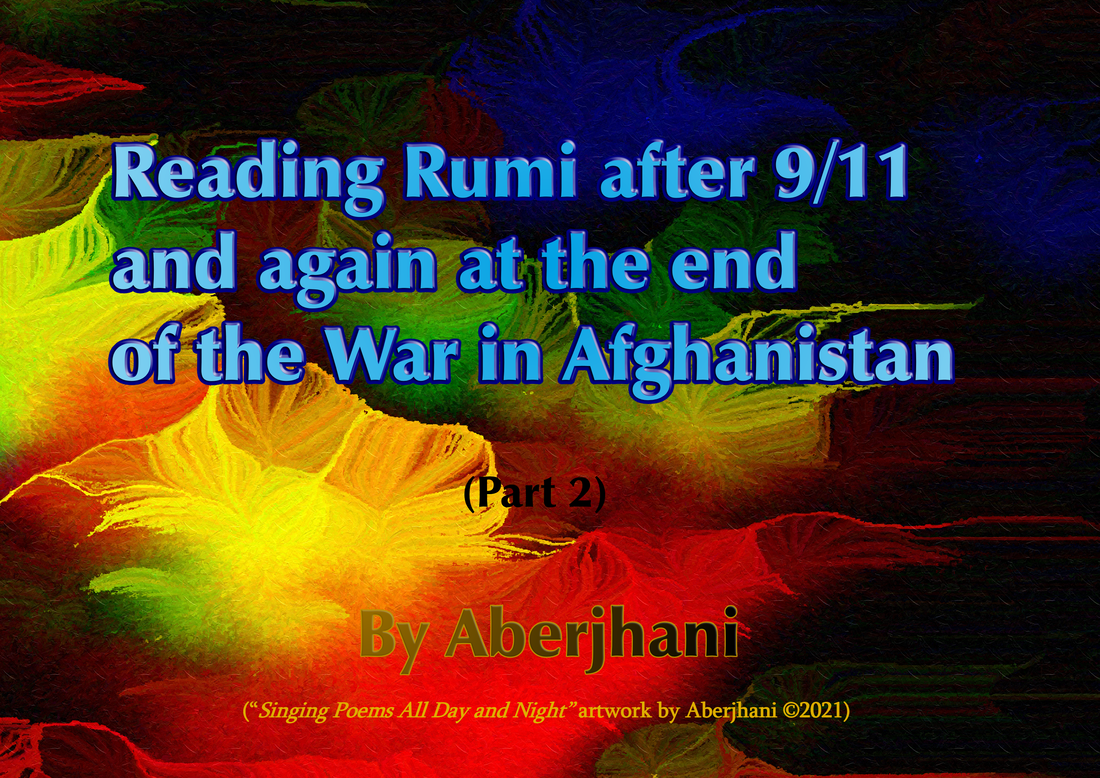
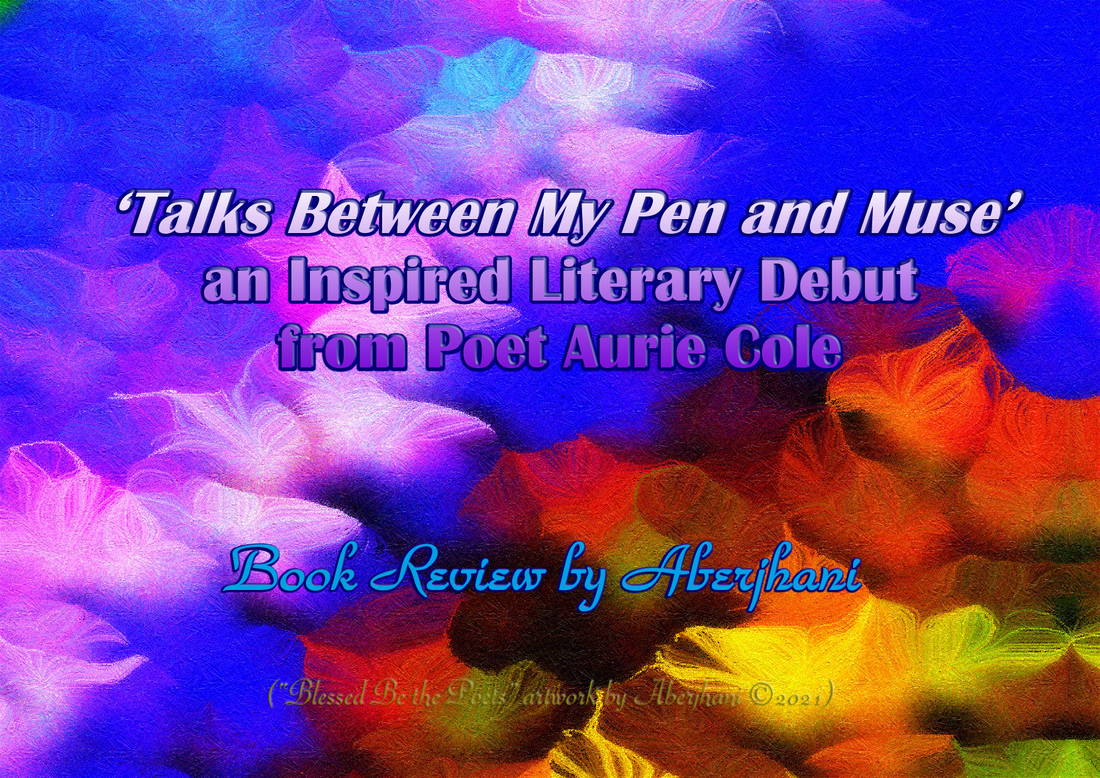
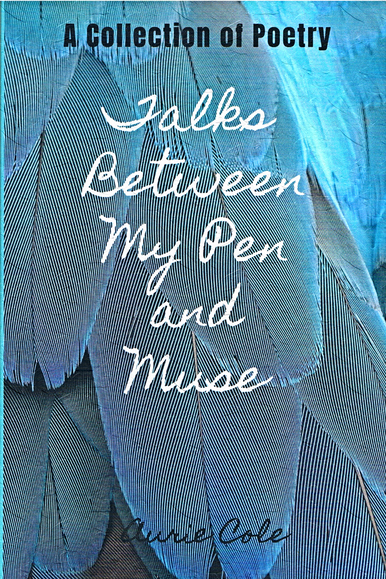
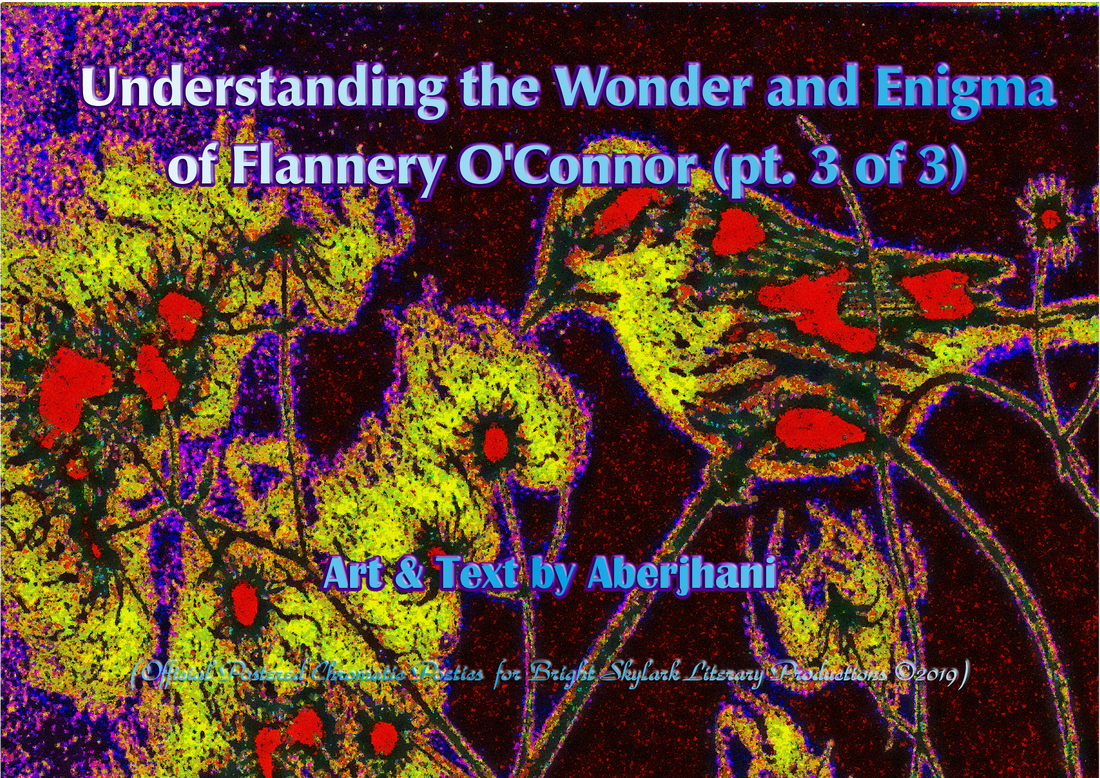
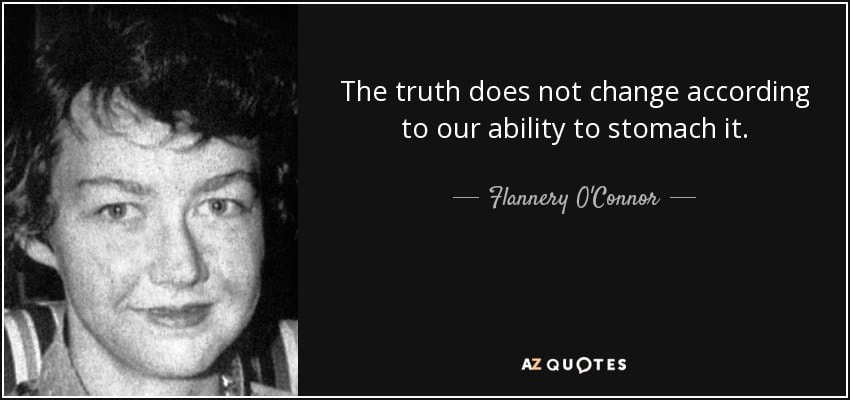
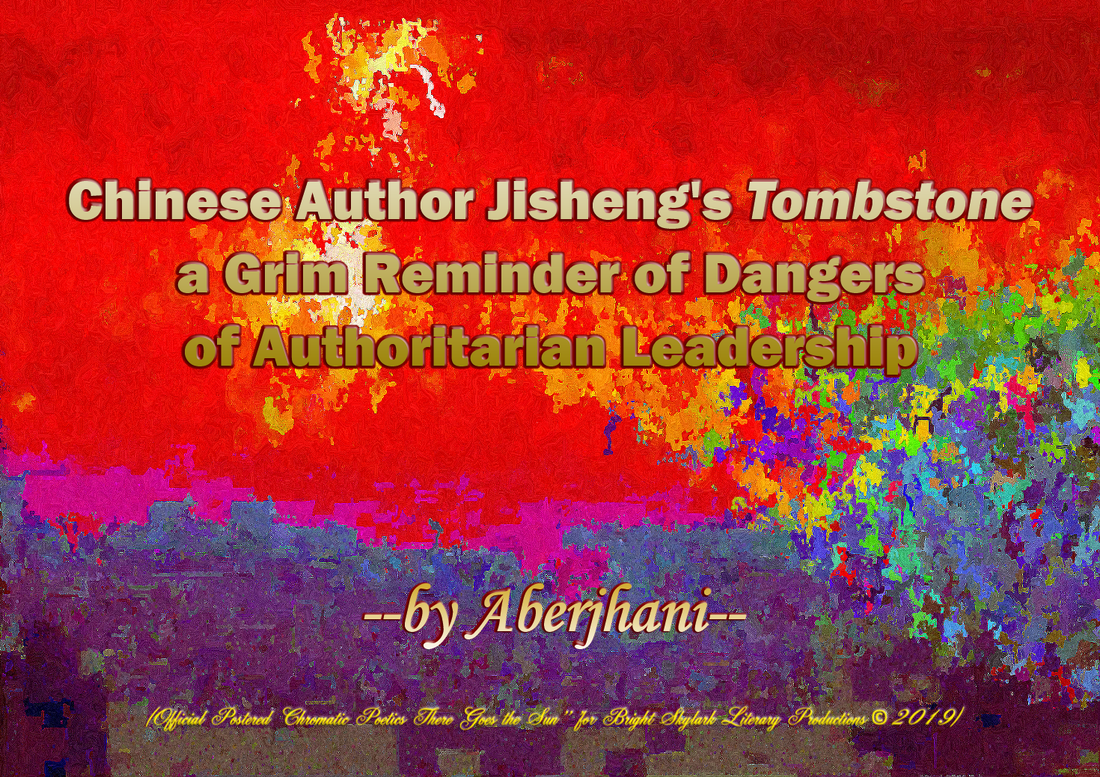
 RSS Feed
RSS Feed